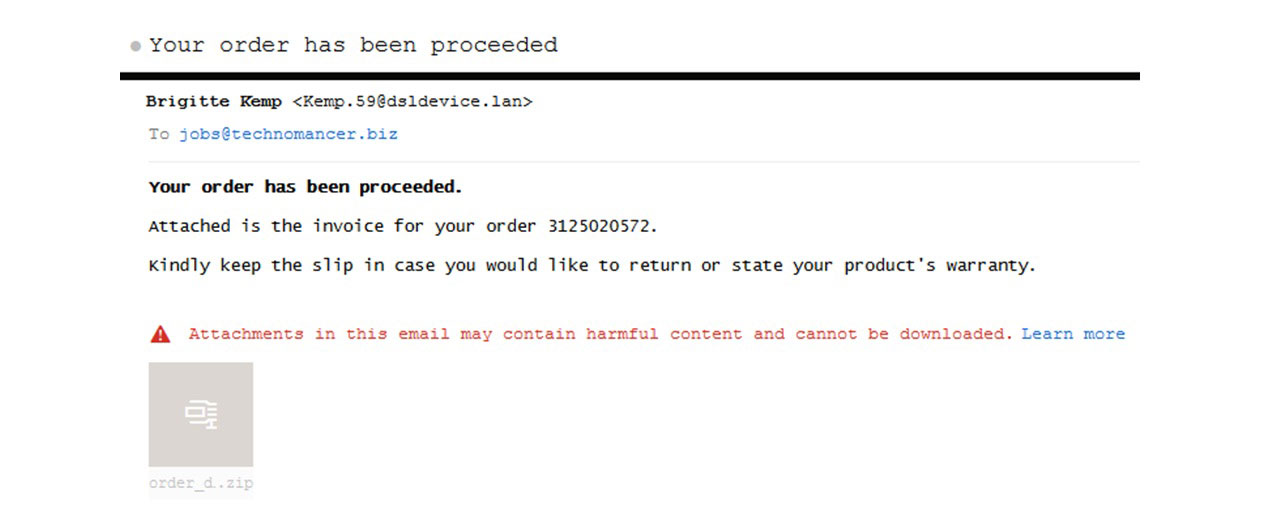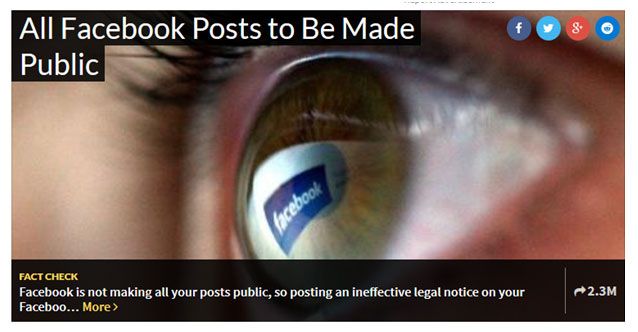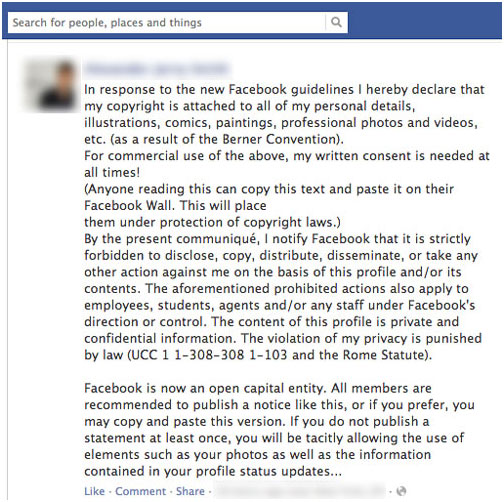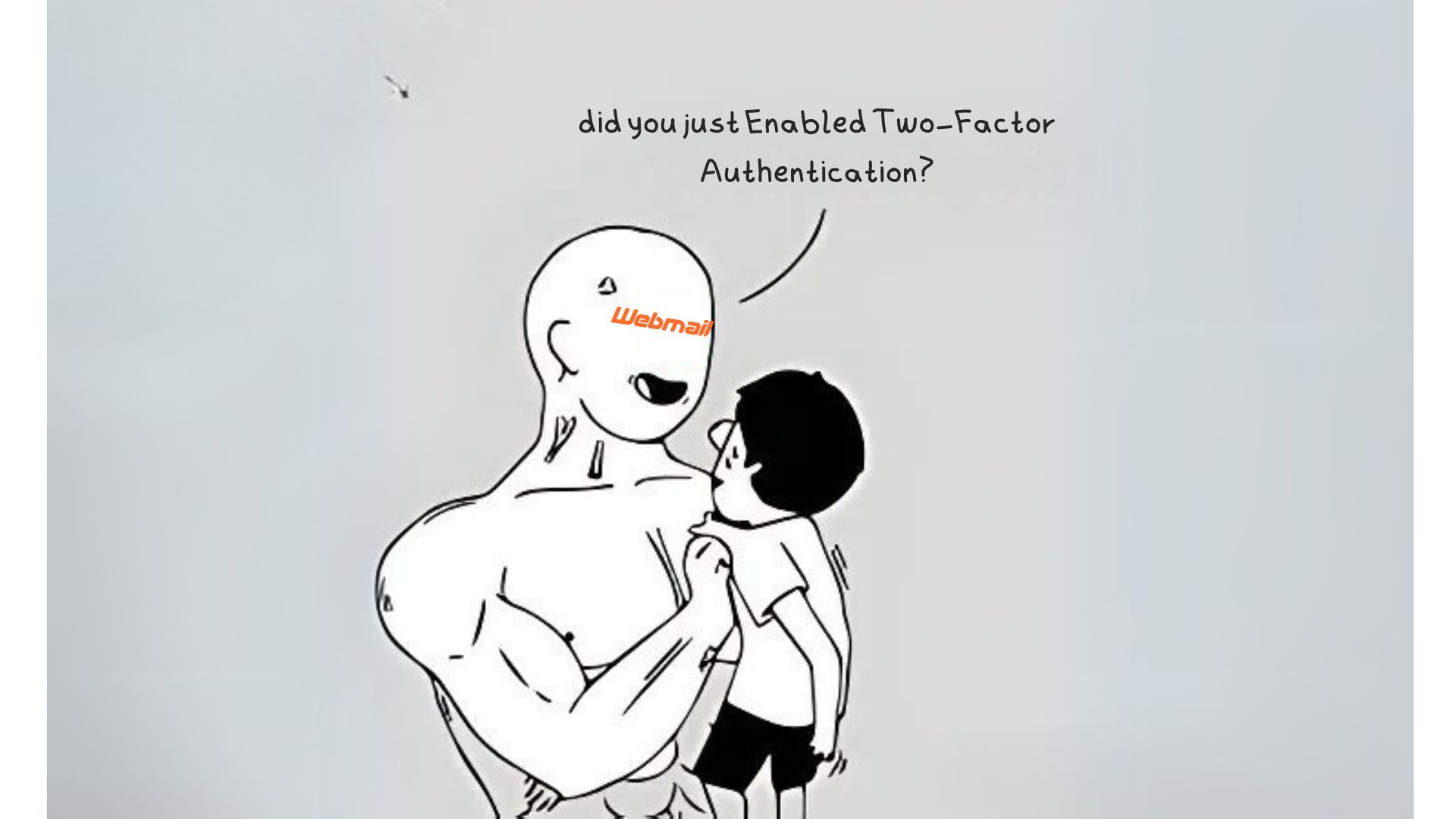
Professionally and personally, we here in technomancer.biz get a lot of questions and see a lot of dubious practices regarding internet usage. So instead of repeating our advice for the nth time, we compiled are thoughts and experiences into this article. Feel free to share this article with your peers that could this information.
1. No one is giving things away for free


You did not win $1 million in some random lottery you never heard of; ignore the ads and emails that say you did. You did not win the new iDevice or Galaxy Humongous by being the 100,000th visitor. There is no Nigerian prince/prime minister/president who needs you to store their $123 million dollars. You won’t make $30 for every survey you fill up. You will either have to buy something or convince someone else to buy something. Or they will ask you to do something difficult or time-consuming. Or illegal. Sorry, if it was that easy, they would have already found someone else to do it. A lot of these turn out to be pyramid schemes. Seriously, if some guy on the street offered you $1 million because you’re special, and you just need to follow him alone into a dark alley, would you?
2. Don’t trust the person you’re talking to on the internet is who they say they are.

This is Ellie. She posted her pictures on the internet. Some people downloaded her pictures off the internet. Then they created profile of her, pretending to be her. As of January, 2015, the real Ellie says that there are more 60 people pretending to be her. They do it for various reasons. Boredom, for fun, to form romantic connections using a more attractive picture, and to steal money from people they can trick to send money to them.
Don't trust the person you're talking to online is who he/she say she is, especially if they insist on communicating via text or email only. Their camera is not broken, nowadays everyone has a camera phone, and video calls are pretty much free; there is absolutely no reason not to do so unless they're hiding something.
Related to this, be careful about posting public information about yourself online. Share them only with friends and people you trust. Some people can pretend to be you enough to open credit cards and bank accounts in your name. Related to this:
3. Be paranoid about email on the internet.
Here’s an email from “Brigitte Kemp” about my processed order.

The attachment contains a virus, which I had opened, would probably have done something very bad to my PC. Don’t trust your anti-virus to always keep you safe; the initial version of this type of scam went thru for a couple of days before the anti-virus caught on.
And, this is really important, do not trust the “FROM:” line in your email. They can be aliased, or spoofed.
Here’s one from “Fed Ex” about my shipment, but it’s been aliased.

here’s one from “Rodrigo Duterteee” that has been spoofed (I created that email as an example)

Most good email software can track and detect this and quarantine them, but things can get thru. If it sounds unbelievable, please confirm thru other channels first.
4. Liking, commenting, or sharing the post below will not give the kid below anything

Liking or sharing posts or forwarding emails does not forward money for Timmy's cancer operation or feed starving kids. It doesn’t and has never worked. In fact, the kid in the picture might not even have the mentioned disease; the kid above has measles, not cancer, and recovered naturally.
If you or other people actually send money to the source, like what happened with the https://en.wikipedia.org/wiki/Ice_Bucket_Challenge. But the sharing or posting itself doesn’t send money, but it can spread awareness, which could be a good thing, if what you’re sharing is actually real. Speaking of which…
5. A lot of information on the internet is fake

Anyone can say anything on the internet. It doesn’t mean it’s true. Because of the size of the internet, you can probably find something that agrees with what you believe in. Do you believe in ghosts? Here’s proof: http://whatculture.com/science/10-compelling-pieces-evidence-prove-ghosts-real. Or you don’t believe in ghosts? Here’s proof: https://b.swy.si/2011/10/10/top-10-reasons-ghosts-dont-exist/. No, wait, ghosts are really aliens. Here’s proof: http://theghostdiaries.com/ghosts-and-aliens-is-there-a-connection.
I’m not saying one way or another. But you can probably find an article to support whatever you want to believe in. And statistically, most of these articles are b#11s4!~. Like the one about Facebook about to make all your posts public. Speaking of which…
Of course, this article is 100% totally real. Trust me. I’m on the internet.
6. Most people don’t understand how Facebook works

The post above simply does not do anything. Let’s break it down with another mini-list:
- When you sign up for Facebook, you agreed to their terms and conditions. Like any legal contract that you sign, shouting your declaration is meaningless. You already agreed to their contract.
- The first way Facebook makes money is survey information. Instead of paying you to take surveys for them, you’re all doing it for free! All the time! Every time you something. Even just browsing a page with a Facebook icon. All the personal information you fill out (age, birthday, workplace, schools you went to). All the places you go (geocode on pictures, when you check-in somewhere, tracking your IP address when you access Facebook). Who your family and friends are. Every single thing you type on their instant messenger. Facebook can and does sell aggregate information to marketing professionals, answering questions like “What percentage of teachers believes in corporal punishment, by country?” and “What percentage of dentists drink soda, broken down by brand?”
- If that creeps you out, companies like Google and Yahoo do that too. So yay! The second way Facebook makes money is ads. Ads outside the internet are mostly random; they’ll throw ads of a steak restaurant or a soda out into the world, but if you’re vegetarian and a diabetic, you’re very likely to ignore those ads. However, because of all the surveys you filled out (yay!), if you are a vegetarian, you will only see ads for meat-free restaurants. Thus a new PS4 game can send their ads directly to avid PS4 owners. Or a new dog sweater ad will be seen by dog owners. And since the ads are targeted, they are usually more successful in attracting customers.
- And again, if that creeps you out, companies like Google and Yahoo do that too Of course, they can make mistakes too, especially on a shared computer. So if you see a lot of ads for dolls on the internet, maybe they profiled you incorrectly, or maybe you just really, really like dolls. iv. Facebook makes a LOT of money from ii and iii. That’s how they can offer their service for free. In 2015, Facebook ‘s revenue was $17.9 billion, with a $3.6 billion profit. With 1.59 billion users, each user was worth roughly $11.26/year in profit. So no need to worry about Facebook charging money for their service, you’re already doing it for them. Great job!





